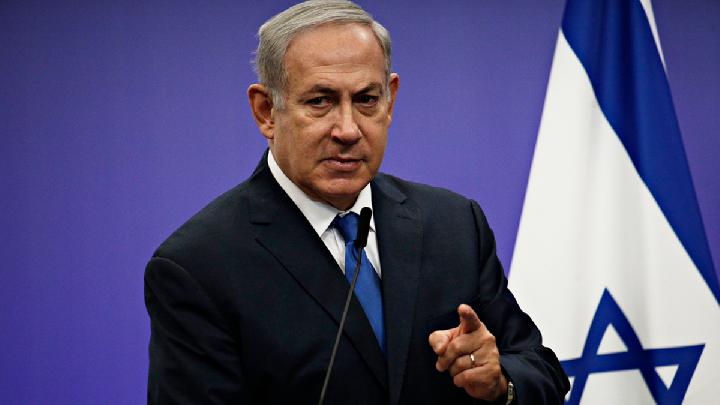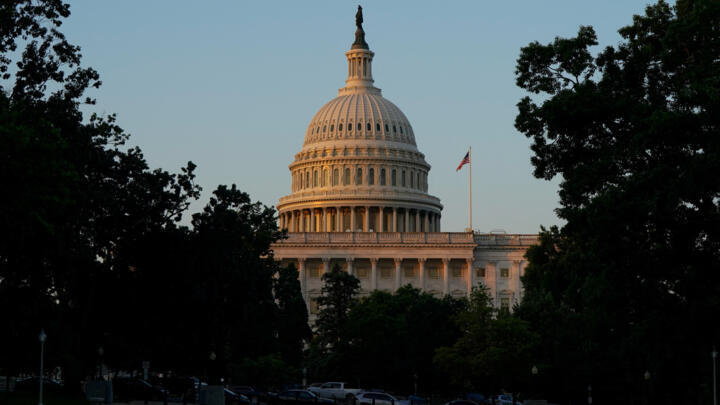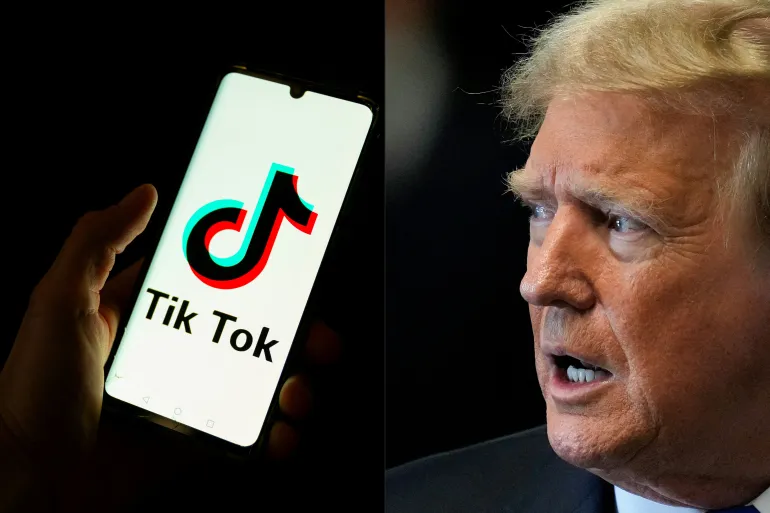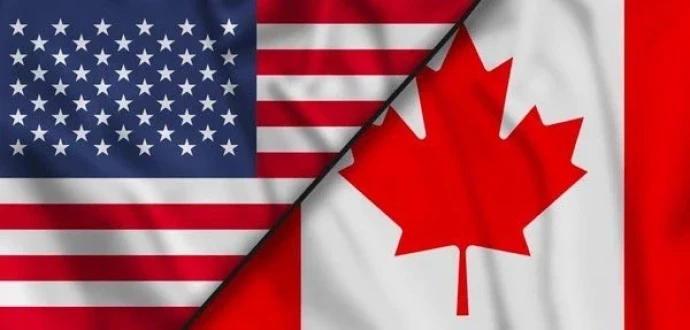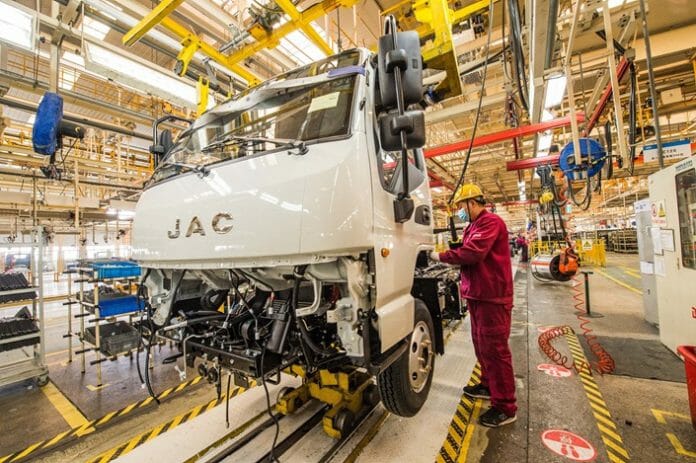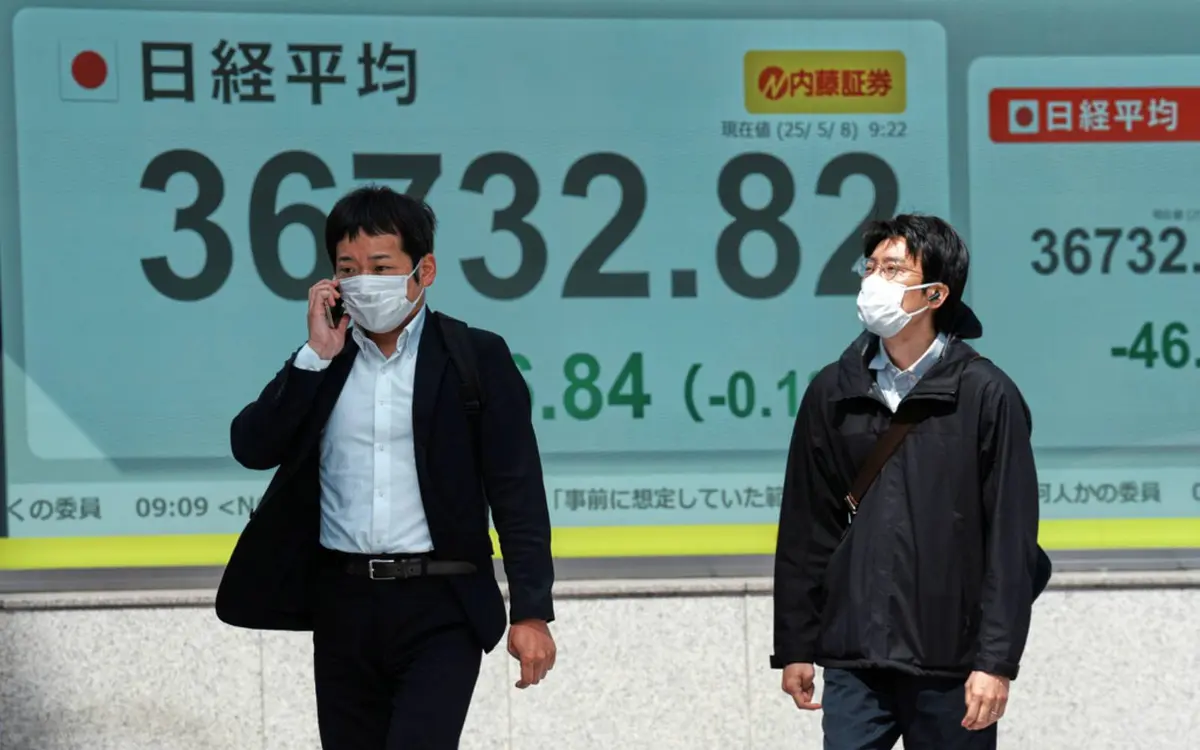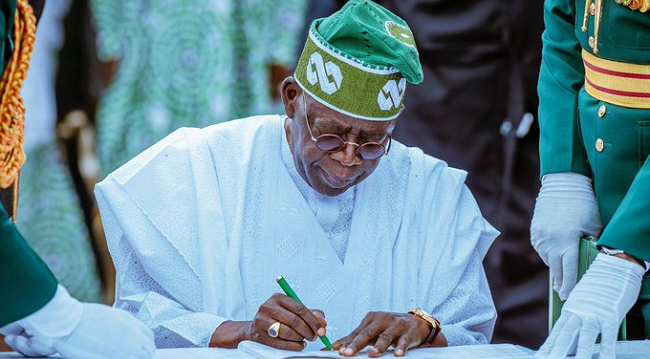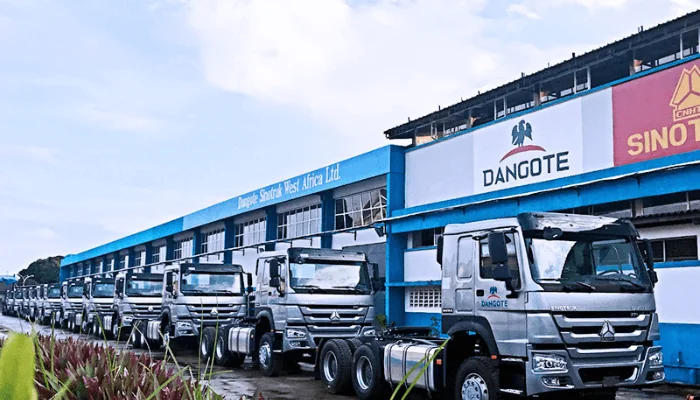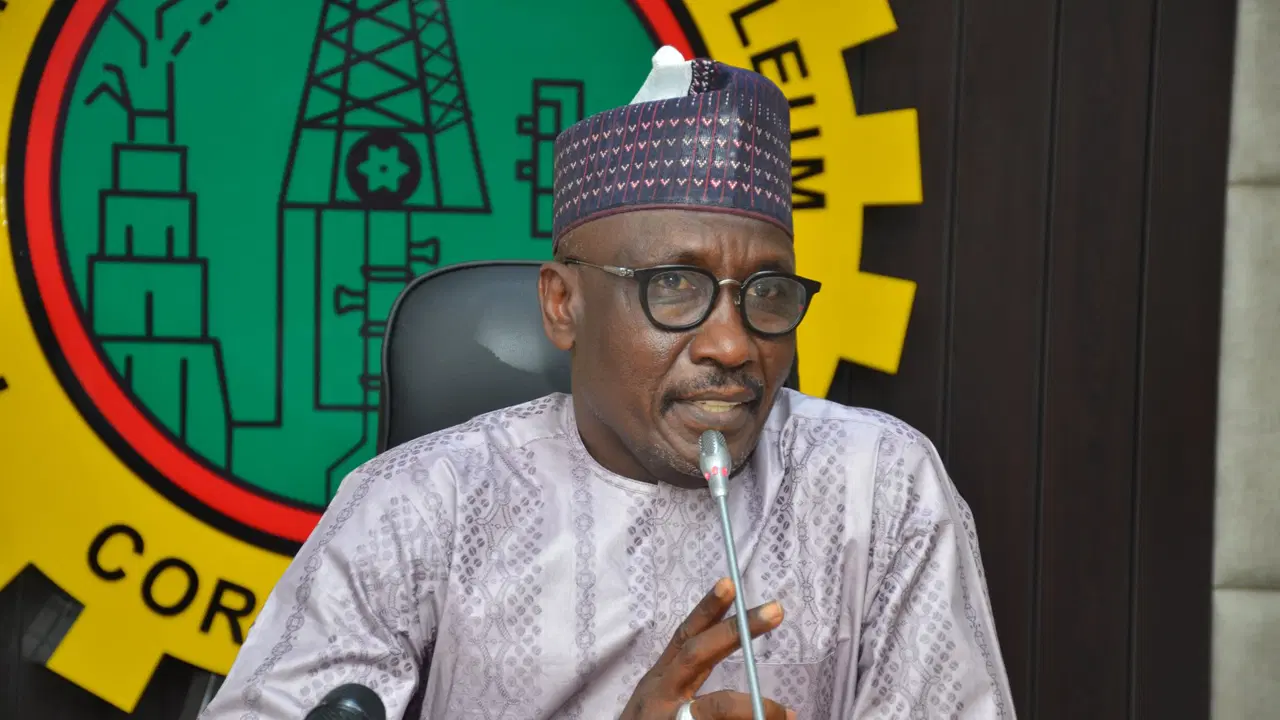By Ayomide Otitoju
The Nigerian National Petroleum Company Limited (NNPC) has ceased importing refined petroleum products, sourcing fuel exclusively from the Dangote Petroleum Refinery and other local facilities. This move, announced by NNPC Group Chief Executive Officer, Mele Kyari, on Monday during the Nigerian Association of Petroleum Explorationists (NAPE) conference in Lagos, marks a major shift in Nigeria’s fuel supply strategy.
At the NAPE conference, themed “Resolving the Nigerian Energy Trilemma: Energy Security, Sustainable Growth and Affordability,” Kyari confirmed that “NNPC does not import any product; we are taking only from domestic refineries.” This development aligns with the government’s broader objective to reduce reliance on foreign fuel imports and stabilize Nigeria’s energy sector.
The transition to local sourcing comes as some petroleum marketers advocate importing fuel at prices lower than those from the $20 billion Dangote refinery. In August, President Bola Tinubu highlighted the financial burden of fuel imports, revealing that Nigeria was spending around N2 trillion monthly, approximately N24 trillion annually, to import fuel. Tinubu emphasized that introducing compressed natural gas (CNG) could save these funds, allowing more investment in sectors such as healthcare and education.
NNPC’s Strategic Shift to Domestic Refineries
Kyari addressed accusations that NNPC was allegedly hindering the Dangote refinery by monopolizing supply. He affirmed NNPC’s commitment to local refining, stating, “We are very proud part-owners of Dangote refinery. Supplying crude to domestic refineries is to our benefit, as it secures a market for our production.” Kyari dismissed claims that NNPC refused to supply crude in naira to Dangote, noting that such arrangements make no difference to the company’s finances.
Kyari also underscored the importance of domestic processing, labeling Nigerian crude as “Lamborghini crude” due to its high quality. While costly for direct refining, Nigeria’s premium-grade crude is in demand on the global market, where it is often blended with lower-grade oils. According to Kyari, “If we choose to process all our crude domestically, we will produce high-quality products, though pricing will remain a challenge.”
Addressing FX Pressure and Domestic Energy Access
Kyari praised President Tinubu’s initiative to source fuel domestically, highlighting that this could alleviate foreign exchange (FX) pressure tied to petroleum imports. He explained, “The biggest source of FX pressure in our country is PMS imports. If we source domestically, speculation around the naira and inflation will ease, providing a stable exchange rate for a significant portion of imports.”
He further noted the critical gaps in Nigeria’s energy access, stating that “over 50 percent of our population lacks access to electricity, and 70 percent lacks access to clean fuel.” Kyari assured that NNPC is committed to bridging this gap by improving domestic production and fuel accessibility.
Resolution of Cash-Call Debts and Future Investments
In a milestone for NNPC, Kyari announced the settlement of a longstanding $2.4 billion cash-call debt to international oil companies, achieved following the subsidy removal on petroleum products. The company had previously diverted funds to meet subsidy demands, causing defaults on these obligations. Kyari credited President Tinubu’s decision to end the subsidy for freeing up resources for core upstream activities and sustainable energy investment.
Looking ahead, Kyari revealed that 12 CNG mother stations are expected by Q1 2025, alongside a mini liquefied natural gas (LNG) plant to supply gas to the domestic market. This initiative aims to lower fuel costs, support cleaner energy, and maximize Nigeria’s natural resources.
By prioritizing local sourcing, NNPC is taking strides toward reducing Nigeria’s dependency on imported fuel, alleviating FX pressures, and working toward an energy-secure future.

